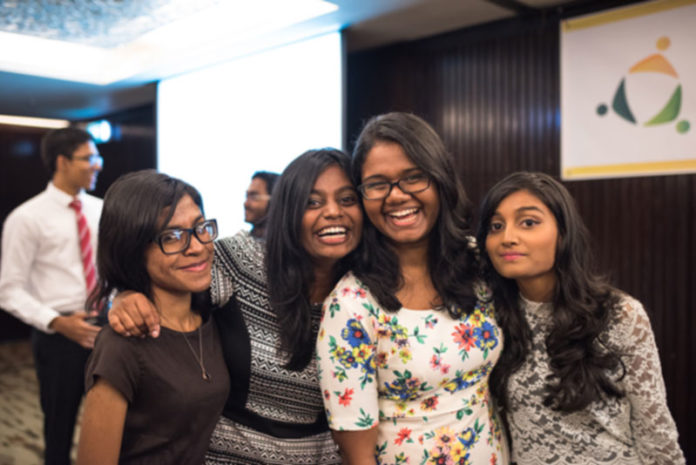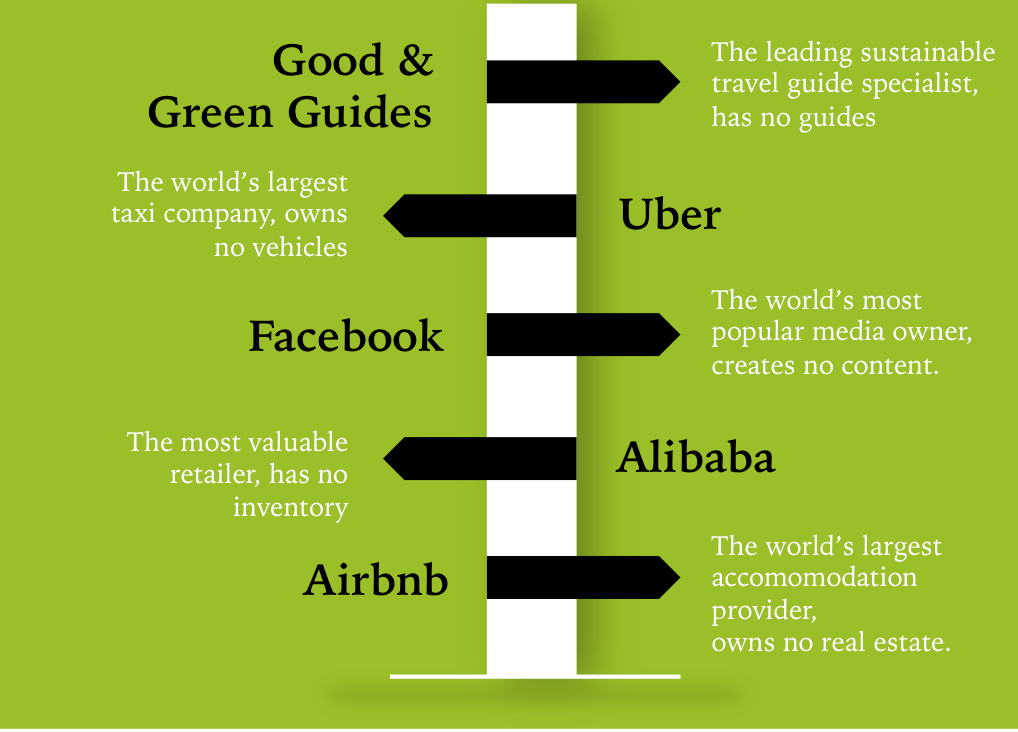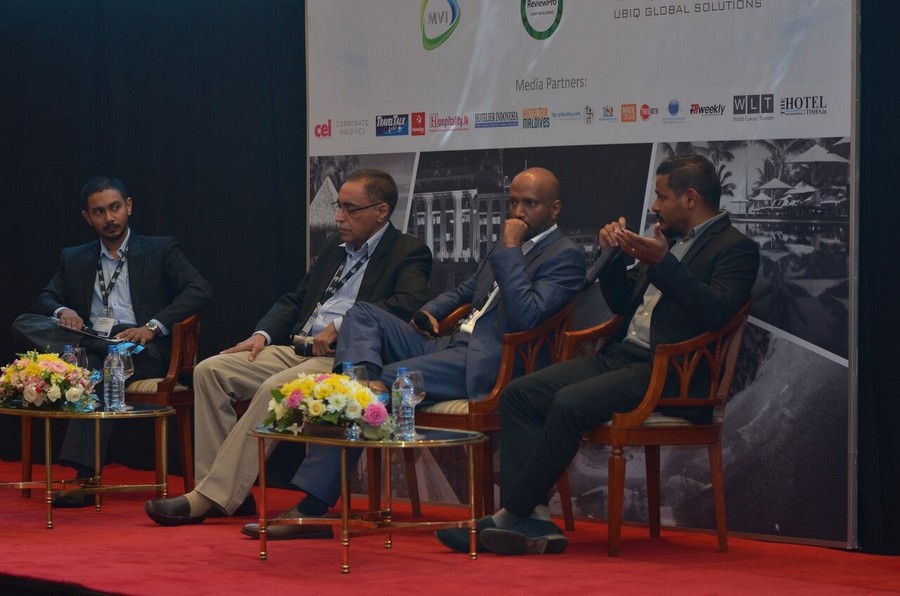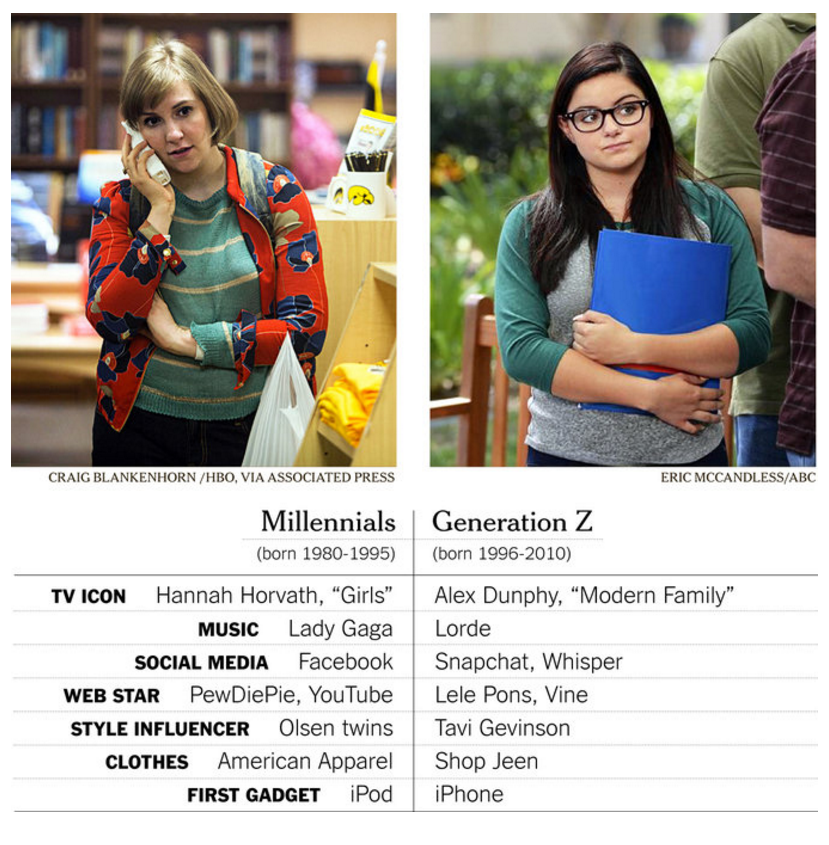
Researchers, cultural observers and trend forecasters have endeavored a prolonged journey to unveil the impact and influence of various generations on the business world. In doing so, they have bestowed upon us some of the unique concepts and ideas that have transformed into meaningful products. Thus, these products sometimes turn out to be world renowned brands. Similarly, entrepreneurs provide solutions to world problems through their experience and some have successfully launched some of the top brands to the world, such as Uber, Facebook, Alibaba and the likes. And these unique developments into an existing business paradigm is known as Disruptions. However, the disruptions are just the tip of the iceberg while the next Generation (Gen Z) – the succeeding generation after Millennials – could cause a plethora of new disruptions in the future.

Biggest fear for the businesses today is the declining generation of Baby Boomers – a generation accounted from 1946 – 1964s that has distinctive behaviors, such as; crave for achievement, expectation, desire for job and portraying little towards social responsibility, traits that are in contrary to Millennials. Cohorts of this generation are heading towards retirement, 10,000 a day would be a close figure according to Wall Street Journal. Before the Millennials took over Baby Boomers, they were household decision makers. For instance, in 2004, the British Baby Boomers held 80% of the UK’s wealth and bought 80% of all top of the range cars, 80% of cruises and 50% of skincare products. This clearly shows how important the generation is for the businessmen. Thus a decline in Baby Boomers would recall total transformation of the goods and service industry.
Millennials, on the other hand, are post Baby Boomers and Generation X that accounts from a period between 1980s – 2000. Today, Millennials represents 25% of the world population, clearly a significant group in terms of decision making. Gallup, a respective research and consulting firm, investigated the distinctive attributes of Millennials. For instance, they found Millennials least engage in the workplace, crave for meetings and opt for virtual communication. They are cohesive and demonstrates positive collegiality while having open thoughts on various religious affairs. In terms of politics, Millennials show independent and moderate views. Finally, Millennials demonstrate little commitment to brand loyalty. What this means is a full face-lift of the traditional business customs.

Moreover, Millennials are also the largest generation in the US history and according to the US Millennial Disruptor Index, they are on the brink of making the biggest disruption in the history of US banking industry. The disruption will also take place in household goods, discount retail, mobile, personal computing and online industry. The index further reported that 53% of the Millennials believed banks provide undifferentiated products and 71% rather listen to a dentist than a banker. Likewise, 68% of the Millennials confirmed to the method people accessed to the money, 70% agreed payment methods will be different while 33% do not need a bank at all. The consensus is that innovation will come from outside the industry, for instance from a corporation like Google, Amazon, Apple, PayPal or Square than nationwide banks.
Think-tanks at the tourism industry further confirms to a massive transformation. Millennials make up to 20% of world’s 940 million tourists, generating $165 billion annually to the travel industry. By the year 2020, Millennials will take an average 320 million international trips per year, up 47% from 217 million in 2013, Deloitte Global reports.

Moreover, Hospitality Investment Conference India Ocean (HICIO) held last week highlighted the behaviors of the Millennials and shrinking occupancy rates of tourism establishments though an increase in visitor arrivals was recorded, especially in to East Asia. The forum further noted that Millennial travelers seek attractions and activities, learn new culture and history, and they are rarely considered as repeaters. Simultaneously, a notable portion has shifted their preference from different social media platforms. For instance, users of Facebook have moved onto Snapchat, Whisper, Vine or Instagram, applications that are more socially diverse. To counter this trend, worldwide brands such as Hilton made its debut on Snapchat in February, 2016, offering fans behind-the-scenes peeks and content from a concert with Jason Derulo at the Hilton Bayfront in San Diego. The brand also doubled its year-over-year investment in social media since 2015, dedicating double the financial investment in social media buys. Undoubtedly, disruptions are ought to happen, leaving a volatile future for the traditional businesses.

The concern now is levied on the next generation – Gen Z. There are no precise dates for this group, demographers and researchers typically use starting birth years ranging from the mid-1990s to mid-2000s and ending birth years ranging from the late 2000s to mid-2020s. A notable distinction of Gen Z are widespread usage of technology, tech savvy or comfortable with technology, and interacting on social media websites for a significant portion of their socializing. Moreover, Gen Z are highly educated, they want to make a difference in the world and they are more diverse than Millennials.
Sure, Millennials are tech savvy too but Gen Z are born in to the smartphone era and many do not remember a time before social media. Millennial Branding, a New York consulting firm, mentioned that this is a generation instantaneously instilled into emoji and 6-seconds Vine video era, marketers and advertisers have no ground over them unless they follow by their rules.












